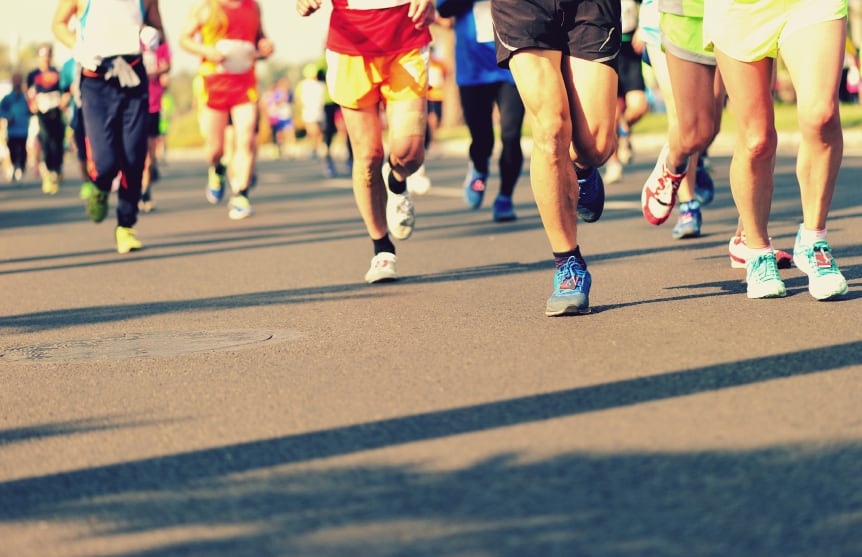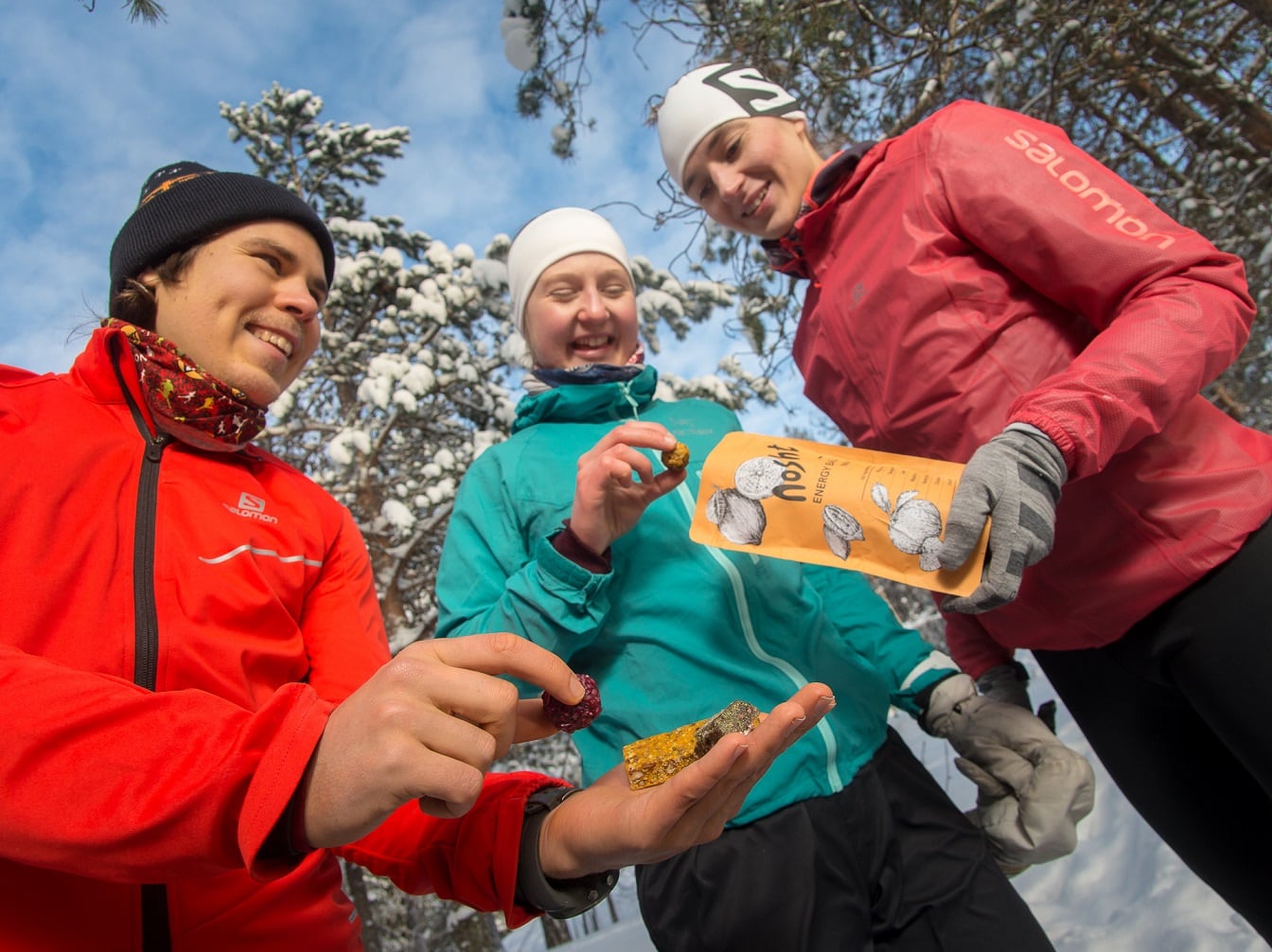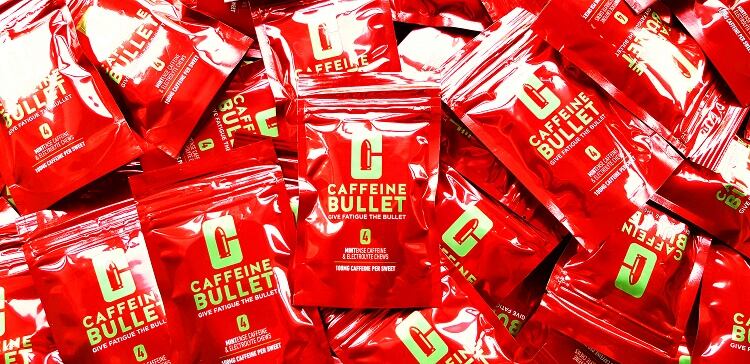Findings from 24 runners supplemented with a probiotic for 28 days before a marathon race, led UK researchers to think this approach may reduce GI symptoms that would otherwise affect performance.
“We have unpublished data that suggests probiotics could increase carbohydrate absorption during exercise,” said Jamie Pugh, lead study author and post-doctoral researcher at Liverpool John Moores University.
“And while we didn’t see any differences in our study, others have shown that probiotics can offer some protection to the damage that occurs to our intestinal cell wall during exercise. Plus, research is emerging that suggests our gut bacteria play a role in stress and anxiety.”
Athletes taking part in endurance events such as marathon running commonly report GI symptoms.
In a 2018 study, 27% of recreational runners report moderate or more severe GI symptoms during a race.
While multifactorial in nature, the exact mechanism is not fully understood. While probiotic supplementation is thought to be a potential strategy there is less consensus to their effectiveness in managing exercise-associated GI symptoms.
Study details
Dr Pugh and his team recruited 24 runners, who were randomly assigned to either supplement with a probiotic (PRO) capsule (25bn colony-forming units (CFU)) or placebo (PLC) for 28 days prior to a marathon race.
This capsule contained a probiotic blend of Lactobacillus acidophilus (CUL60 and CUL21), Bifidobacterium bifidum (CUL20), and Bifidobacterium animalis subs p. Lactis (CUL34).
GI symptoms were recorded during the supplement period and during the race. Serum lactulose:rhamnose ratio, and plasma intestinal-fatty acid binding protein, sCD14, and cytokines were measured pre- and post-races.
The team found the incidences of moderate GI symptoms reported were lower during the third and fourth weeks of the supplement period compared to the first and second weeks in PRO but not PLC.
During the marathon, GI symptom severity during the final third was significantly lower in PRO compared to PLC.
The lower symptom severity was associated with a significant difference in reduction of average speed from the first to the last third of the race between PLC (− 14.2%) and PRO (− 7.9%), although there was no difference in finish times between groups.
Circulatory measures increased to a similar extent between PRO and PLC.
“Runners supplementing with probiotics reported fewer and less severe GI symptoms, both in training and during a marathon race when using standardised, recommended CHO loading and in-race CHO and hydration strategies,” the study said.
“Those runners supplementing with probiotics also demonstrated less of a performance decrement (as evidenced by maintaining running speed) towards the end of the race.”
Real-time measurements
In discussing the onset of GI symptoms during the race, the team were also able to report their progression in real time.
“As each 400 m lap time was recorded, we were able to accurately assess running speed throughout the race and observed a significant association between GI symptom severity and the reduction in running speed during the final third of the race,” the study said.
“From the measurements of real-time GI symptoms and reductions in speed, our data, therefore, suggest that probiotic supplementation could help marathon runners better maintain their running speed, possibly due to the attenuation of GI symptoms.”
The researchers also acknowledge a lack of an effect of probiotic supplementation on plasma soluble cluster of differentiation 14 (sCD14) levels – a marker associated with the occurrence of GI symptoms.
However, their data suggests that sCD14 might be a novel marker for GI-induced immune activation following endurance exercise and provided scope for future research.
“Probiotic supplementation had no effect on sCD14, IL-6, IL-8, IL-10, cortisol, or I-FABP concentrations nor or GI permeability (LR),” the study concludes.
“Despite this, athletes participating in endurance events, where GI symptoms are common and likely to affect performance could consider probiotic supplementation in the weeks prior to competition.”
Source: European Journal of Applied Physiology
Published online: doi.org/10.1007/s00421-019-04136-3
“Four weeks of probiotic supplementation reduces GI symptoms during a marathon race.”
Authors: Jamie Pugh, Andy Sparks, Dominic Doran, Simon Fleming, Carl Langan-Evans, Ben Kirk, Robert Fearn, James Morton, Graeme Close




